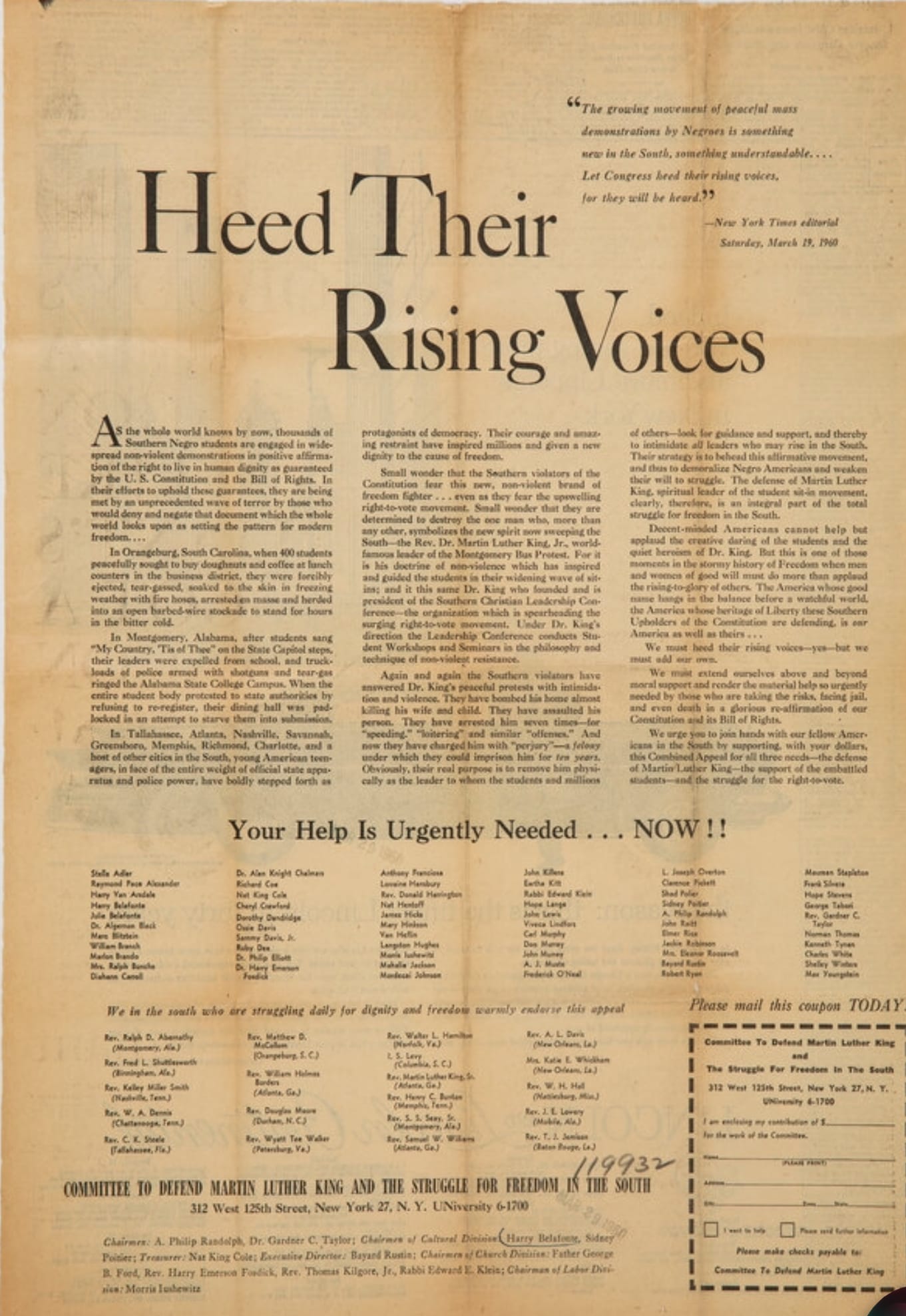Table of Contents
Apologies to Dean Swift
I have been assured by a very knowing American of my acquaintance in London, that a young healthy child well nursed, is, at a year old, a most delicious nourishing and wholesome food, whether stewed, roasted, baked, or boiled; and I make no doubt that it will equally serve in a fricasee, or a ragoust.
Anon. (Dr. Jonathan Swift), A Modest Proposal (1739)
There is a school of thought …
If you can call it that
Espoused by people in the public eye who are understandably distressed not only by the slings and arrows of outrageous fortune but also by the outrageous lies and slanders hurled at them by their many enemies and even the fair and measured criticism leveled at them on account of the actual, you know, true and correct facts placed in context with scrupulous care. Agent Orange is especially het up by the latter.
Specifically, someone told him about the legal concept of actual malice from New York Times v. Sullivan, a Supreme Court case that balanced the law of defamation with the First Amendment. There's a good wiki on the historical context (an ad in the NYT fundraising for the defense of Dr. Martin Luther King, Jr. that described the Montgomery police as "ringing" the campus of the Alabama State College campus).

The general tort rule for defamation allows a defense, once a statement is proved to be damaging to reputation, that the statement was factually true. The ad wasn't because "ringing" was only figuratively, but not factually true. Unsurprisingly, an Alabama jury and its courts of appeal applied that law with the side benefit of keeping down the Negro (as Blacks or African Americans were then referred to in polite society when "political opponents" would have sufficed, even if victims of oppression was more accurate and a slur was intended).
The US Supreme Court reversed on Constitutional grounds and established an enhanced standard of proof—actual malice. Someone making an otherwise defamatory statement had to actually know that it was was false, or least would have known with modicum of care, has no defense on the basis that it did not really know that the statement was false.
In general the law makes distinction between should know and could know. Despite the established truth that the newspaper that carried the advertisement might have uncovered the ground truth had it searched long and hard enough in its own files before running the ad, the Court adopted a relaxed standard in consideration of the First Amendment interests in robust debate.
Over time, the concept expanded to include all people in the public eye who got there under their own power.
Trump got into the public eye on purpose after Sullivan became law. Yet, years later, he cried foul. (He is probably even more sore after his recent loss.)
Notwithstanding
Robotic, industrial strength, anonymous defamation is a distinct problem. Even though anonymous speech is protected by the First Amendment in some circumstances, it should not enjoy the relaxed rules of Sullivan.
This is his claim, his threat’ning, and my message
Henry V, Act 2, Scene 4
It is difficult enough to combat disinformation without letting the trolls cloak themselves in honest debate. Expose the bastards and do an Alex Jones on 'em.
Mascot of the Day









